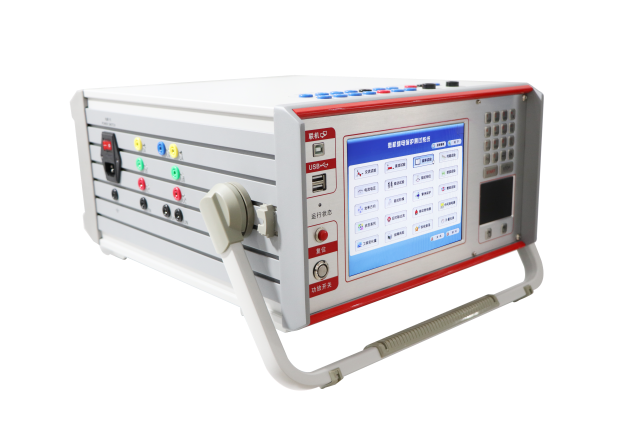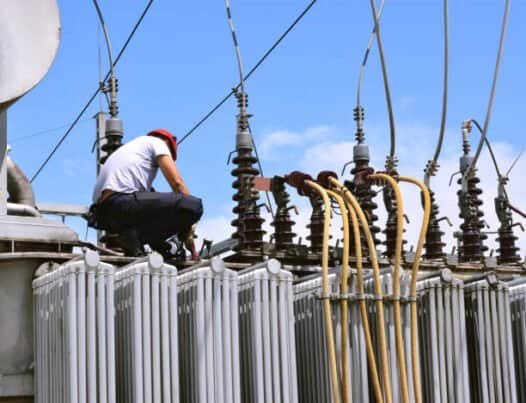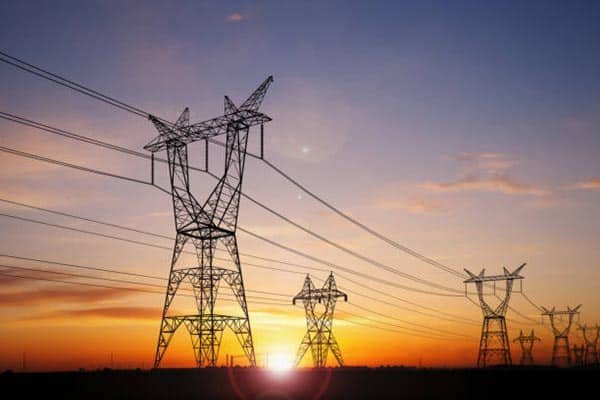In the realm of hydropower, DC systems play a pivotal role in ensuring the reliability and safety of power generation. At the heart of these systems lies the battery, a critical component that provides emergency power during outages, supports control and protection equipment, and stabilizes power quality. To guarantee their dependability, battery test equipment are indispensable tools in the maintenance of these energy storage systems.

How reliable are your battery in hydropower really ?
Batteries in hydropower stations are not just backup power sources; they are integral to the continuous operation of the plant. They ensure that control systems, communication, and safety mechanisms remain operational, even in the event of a grid failure. This uninterrupted function is crucial, especially in managing the complex dynamics of water flow and turbine operation.
Regular testing and maintenance of battery capacity are crucial to ensure reliable and sustainable power generation. Battery discharge capacity tester can carry out the discharge test to effectively and reliablely verify the battery real capacity.
Let’s delve into the application of battery discharge testers in the hydropower field.
Pumped Storage Hydropower : PSH systems, which act as large-scale batteries, store excess electricity by pumping water back into an upper reservoir during times of low demand. When demand increases, the stored water is released to generate electricity. The discharge capacity of the batteries used in PSH systems determines their ability to store and release electricity efficiently.
Energy Storage Systems : Batteries are an essential component of energy storage systems used in waterpower applications. ESS helps to balance the intermittent nature of renewable energy sources like hydropower by storing excess energy during periods of low demand and releasing it when demand is high. Battery discharge capacity testers may be used to assess the performance and health of the batteries in these systems.
Off-Grid and Remote Power Systems: In remote areas where waterpower is harnessed, such as small-scale hydropower installations, batteries are often used to store and supply electricity when the power generation is not sufficient or during periods of low water flow. Battery discharge capacity testers can be used to evaluate the capacity and efficiency of these batteries.

The Necessity of Battery Discharge Testing
Battery discharge testing in the hydropower sector is not merely a routine check but a critical procedure that predicts battery life, prevents failures, and ensures efficiency. It involves simulating real-world power outage scenarios to evaluate how batteries will perform, particularly when they are needed most.
Capacity Verification
The primary purpose of a battery discharge test is to verify the actual capacity of the battery against its stated rating. This is vital in hydropower applications where the margin for error is negligible. The test ensures that the batteries can deliver the required power for the specified duration.
Identifying Battery Weaknesses
Regular discharge testing helps in identifying cells or batteries that are underperforming. Early detection of such weaknesses allows for timely maintenance or replacement, thus avoiding potential system failures.
Ensuring Compliance
In many regions, energy providers are mandated to comply with stringent standards that include regular battery testing. Discharge testing ensures that the hydropower plant meets these regulatory requirements, thereby avoiding penalties and ensuring uninterrupted operation.
How does Battery Discharge Tester Work?
Battery discharge testers are used in the following steps to proceed the battery capacity tester to check the battery health state.
Preparation: Before testing, all safety precautions are taken. The battery system is isolated, and the testing equipment is set up following the manufacturer’s guidelines.
Battery Load Test Application: The tester applies a load to the battery, simulimate a load on the battery by constinuously the discharge current during an actual power failure.
Monitoring: Throughout the test, the discharge tester monitors various parameters such as battery voltage, discharge current. This data is critical for assessing the battery’s performance.
Data Analysis: Post-test, the data is analyzed to evaluate the battery’s health and capacity. This analysis can reveal if the battery is capable of meeting the demands of the hydropower plant.
Reporting: The results are documented in detailed reports, which are used for maintenance schedules, compliance verification, and operational planning.
In the hydropower industry, the reliability of DC systems is non-negotiable. Battery discharge testers play a vital role in ensuring that the batteries within these systems are in peak condition, ready to support the plant’s operations whenever required. By regularly employing these testers, hydropower facilities can maintain continuous operation, comply with regulations, and provide a stable supply of renewable energy.





